What’s next for commercial refrigeration? Trends to watch in 2026 and beyond
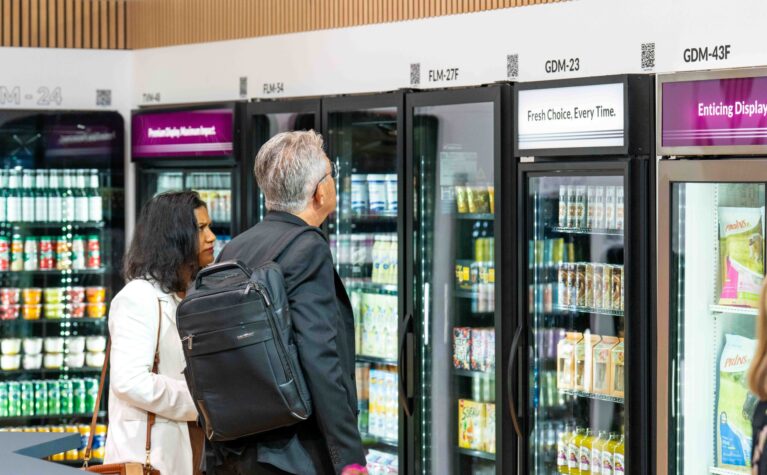
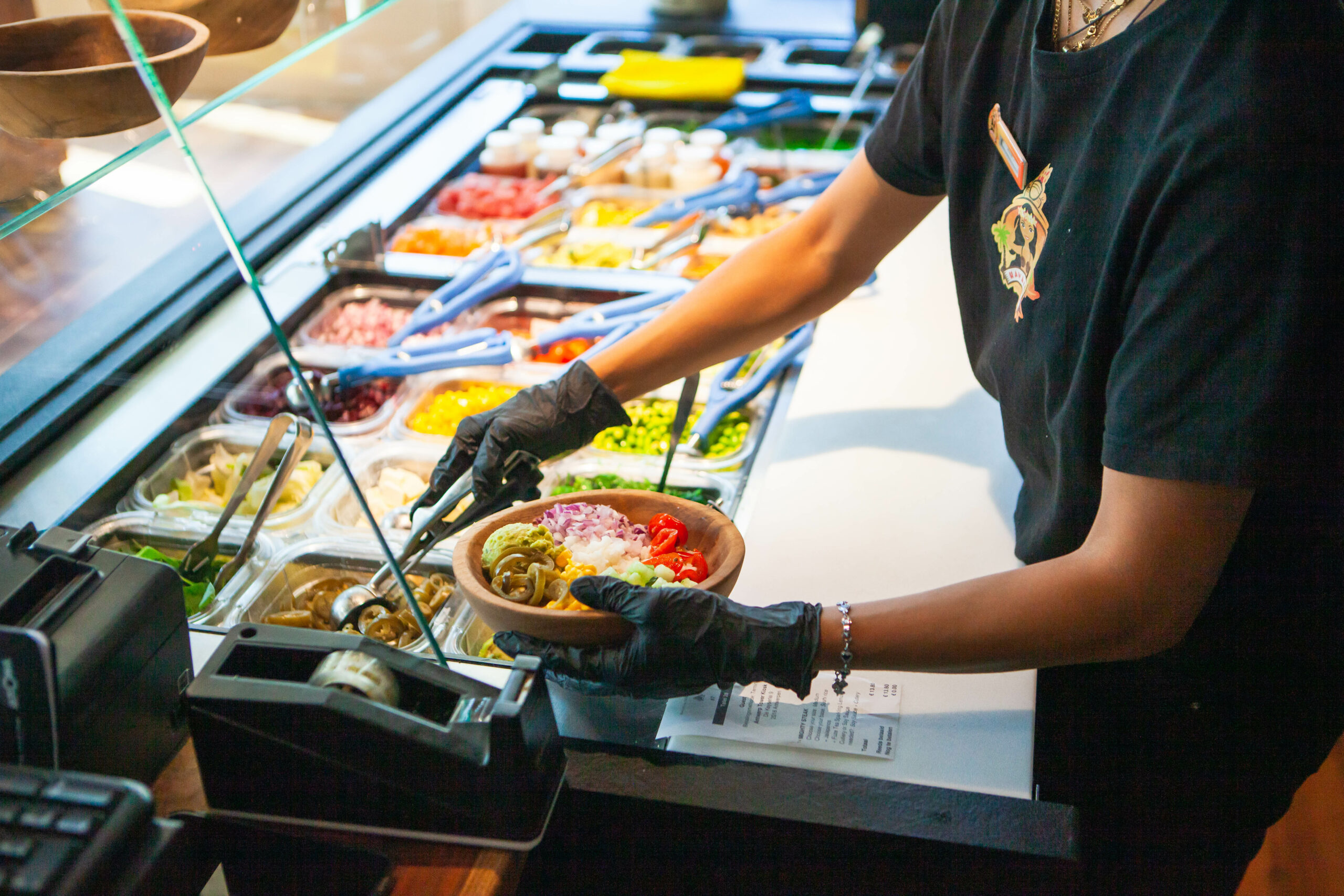
For a food service consultant, delivering a successful project is their goal. These highly experienced industry experts specialise in the operational workings of commercial kitchens, and will guide clients in defining and realising their catering project.
They’ll listen to your goals and advise on layouts and products which will best suit your business, ensuring it can be realised in the space. But, why should consultants specify True?
We’ve had the opportunity to sit down with James McCombie, a former food service design consultant, and now True’s Sales and Project Development Manager for the UK/Middle East, to find out more.
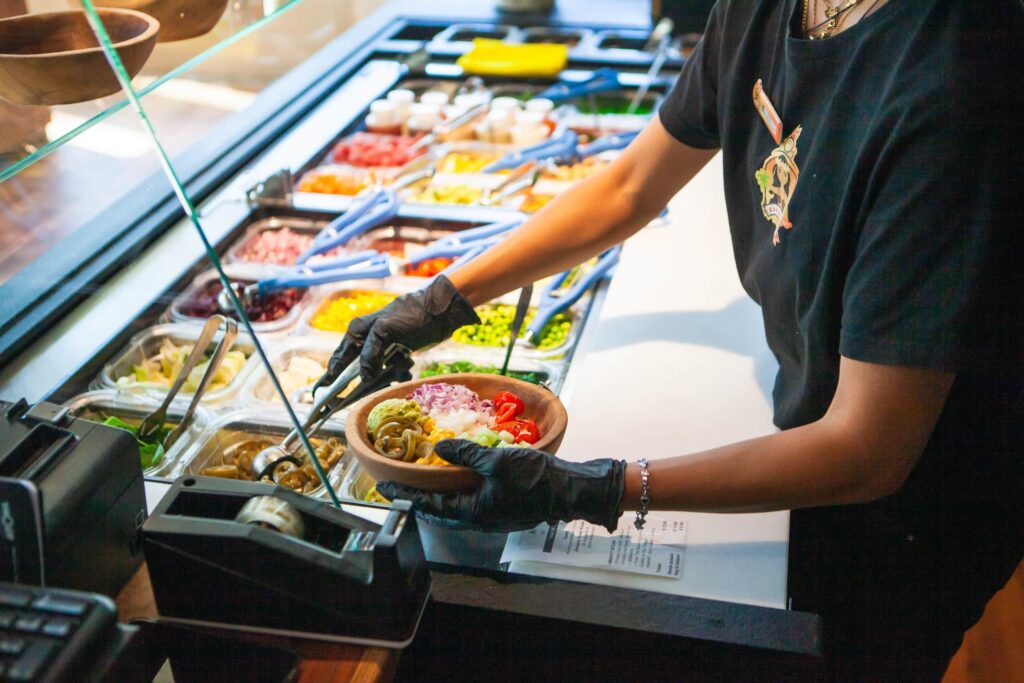
As an independent advisor, food service consultants work as an advocate for their client’s goals throughout the defined project. They’ll work alongside and bridge the gap between the wider client team and project team, liaising with key players, including architects, interior designers, and quantity surveyors, just to name a few.
Having worked for ten years as a design consultant before joining True, James says, “A food service consultant will often be part of most “stages” of a project.”
Although they’re not typically present for stage zero, ‘strategic definition’, consultants are there from stage one, ‘preparation and briefing’, to help the client define what the aspiration is and how the foodservice operation will work. They will then offer design guidance, technical knowledge and operational insight through:
During these stages, consultants will listen to the client’s aspirations and specify the best product and brand to meet capacity requirements, ensuring it’s reliable and fits the project’s budget.
James adds, “Sometimes, consultants will be hired to partake in one stage of the project, but it’s more common for food service consultants to be around throughout stages one through six.”
If you’re serious about getting your food service project off the ground, hiring a food service consultant is highly recommended. By using their experience and depth of knowledge, they’ll highlight efficiencies, so you achieve optimal performance in your new kitchen or restaurant project.
As there are so many people often involved in a project, the value of a food service consultant comes in when all the key players have had a say in the project. They tie all the information together, creating a scheme and plan that suits the client’s expected needs.
Consultants will ensure the best equipment is suggested to fit the brief and budget, so it’s important not to disregard your food service consultants’ suggestions.
James adds, “The consultant delivers the most value by acting as a liaison for the client to utilise expertise within the catering equipment field and considering many factors and specifying the best option for their application.”
Value engineering is another key stage of the project cycle, and plays a big role in the product and material purchase decisions that are made.
Value engineering promotes the substitution of materials, products, or methods with less expensive alternatives, without losing functionality, capacity or quality. What happens far too often, however, is that suggested substitutions are not like-for-like, and what may seem like a good decision on the face of it, can have huge consequences.
Refrigeration is a prime example of a project element which can go through the process of value engineering. There are many refrigeration brands offering what can look like very similar products. It may be tempting for a client to go against the advice of their consultant and change the specified product for a cheaper alternative to reduce the overall delivery cost of the project.
However, going against the advice of your hired expert can lead to unanticipated consequences, such as the cheaper replacement product not being of the same build quality and having a reduced service life. It could also not be able to hold food-safe temperatures inside a demanding kitchen environment, and vitally today more than ever, not be as energy efficient as the product originally specified.
James continues, “Every client deserves to receive the best value, so value engineering is important. Consultants are pragmatic towards value engineering and will look to change other areas to save money, rather than changing specifications.”
“Often, when it comes to equipment, a lower spec option hasn’t been suggested specifically, because it’s not fit for purpose and could be more costly in the long-term. If a consultant must, they’ll suggest equal and approved alternatives, ensuring a level of quality for the client in the long run. This is why it’s important to not disregard a consultant’s advice or guidance.”
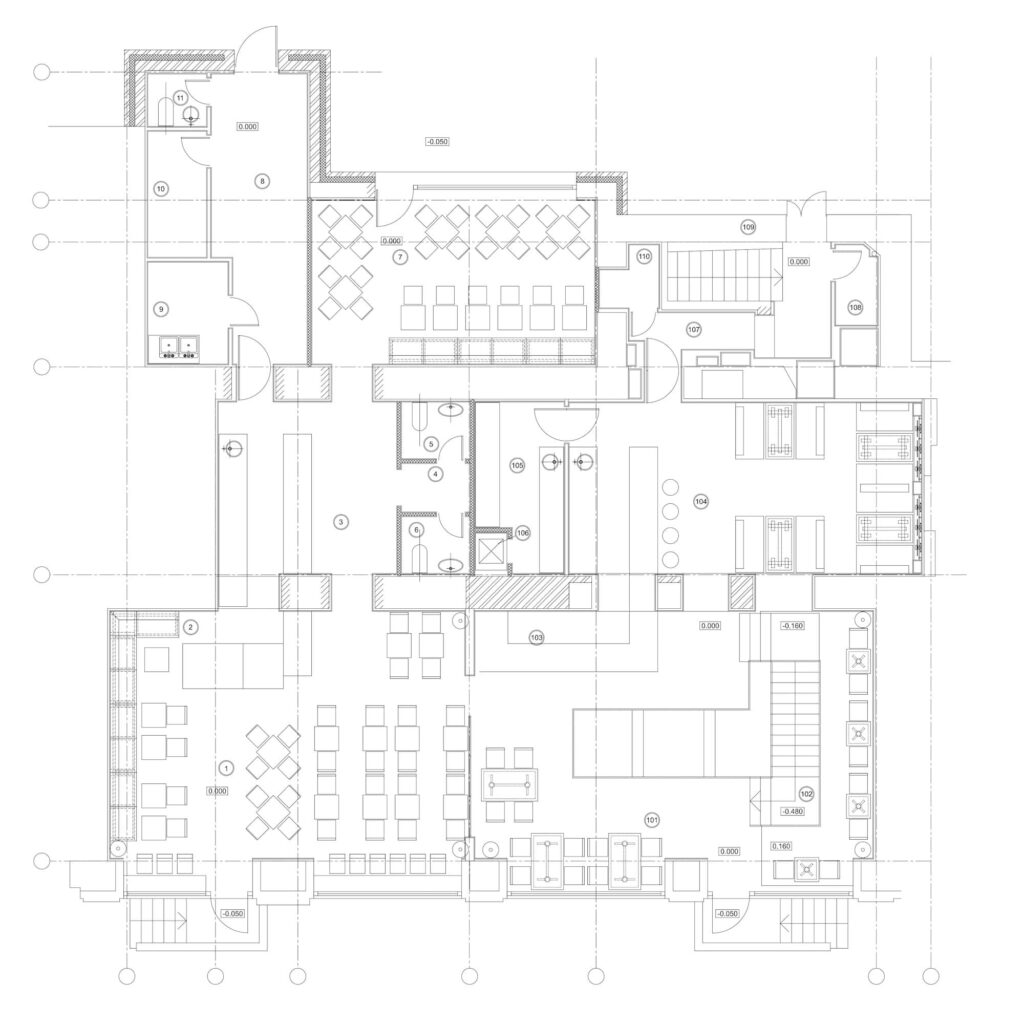
Our Gastronorm refrigeration range, which includes 1/1 counters (TCR’s) and 2/1 uprights (TGN’s), have been designed to tick all the boxes for a modern kitchen project. They are designed for Gastronorm pans, which are widely used in the UK and Europe, are highly energy efficient, and configurable with the operators’ choice of door/drawer combinations, with worktop or undercounter options available.
James comments, “True used to have a bit of a reputation amongst consultants as being this American brand with American sized equipment that just wasn’t a good fit for project work. Over the last five years, this perception has been completely flipped on its head.”
Sustainability is increasingly a determining factor for many when choosing where to eat out, with consumers becoming more mindful of what they eat and drink, as reported by the Morning Advertiser.
As businesses focus more and more on the environmental impact of their operations, True are committed to assisting operators in being more environmentally responsible, by supplying a better, more reliable refrigeration product.
True’s entire product range operates on our Natural Refrigerant® platform, harnessing R290, an environmentally friendly natural gas with superior thermodynamic properties. This results in quicker temperature recovery, fewer breakdowns and, when coupled with the latest high-quality components, significantly reduced energy consumption.
We know developing sustainable and energy-efficient products is only half the story, which is why we also aim to be Zero Waste to landfill within five years.
True publish a high level of information on our website to make it easy for consultants to specify True, including detailed spec sheets, energy labels and 3D model files for individual products.
James adds, “All this information is readily available, and it’s my job to ensure consultants are fully informed and have what they need to hand. We want to make their lives easier and hopefully make their specifications complete with a True product.”
All True products are covered, as standard, by our five years parts and labour warranty.
We know that reliable refrigeration is one of the most important elements of any food-led commercial business. Being able to specify refrigeration solutions which come with an extended warranty, significantly outpacing the usual industry standard, can make all the difference to an operator.
By choosing True, you’ll be specifying products which provide significantly lower energy consumption than other products on the market. This is becoming a make-or-break factor for operators who are looking for ways to save money on their energy bills. We’ve even designed an Energy Cost Calculator to estimate the lifetime electrical kW-hour savings that could be achieved by specifying True over other brands.
When James worked as a design consultant, he designed and specified True for Ichiba, Europe’s largest Japanese food hall. “As a supermarket and restaurant in one, it had a lot of requirements. Previously, the client struggled at other sites with equipment that wasn’t fit for purpose, but since installation, they’ve been raving about how it looks, its durability and its energy efficiency,” says James.
“As soon as the energy prices began to rise, Ichiba no doubt were thankful that they stuck to the specification of their consultant, else their electric bill today would be significantly higher.”
True products are available in a wide range of sizes and build options to suit space and operation requirements. Many require zero clearance to the units’ sides and back, including our TCR’s, which can be configured with doors or drawers to suit service needs.
“The versatility of being able to configure your own version of the product makes it ideally suited to any operation or application. We offer one of the most energy efficient 1/1 GN counters on the market. Certified to operate at Climate Class 5, it is robust enough to perform in the most demanding back of house kitchen, and attractive enough to be situated in any front of house or “open kitchen” show piece.”
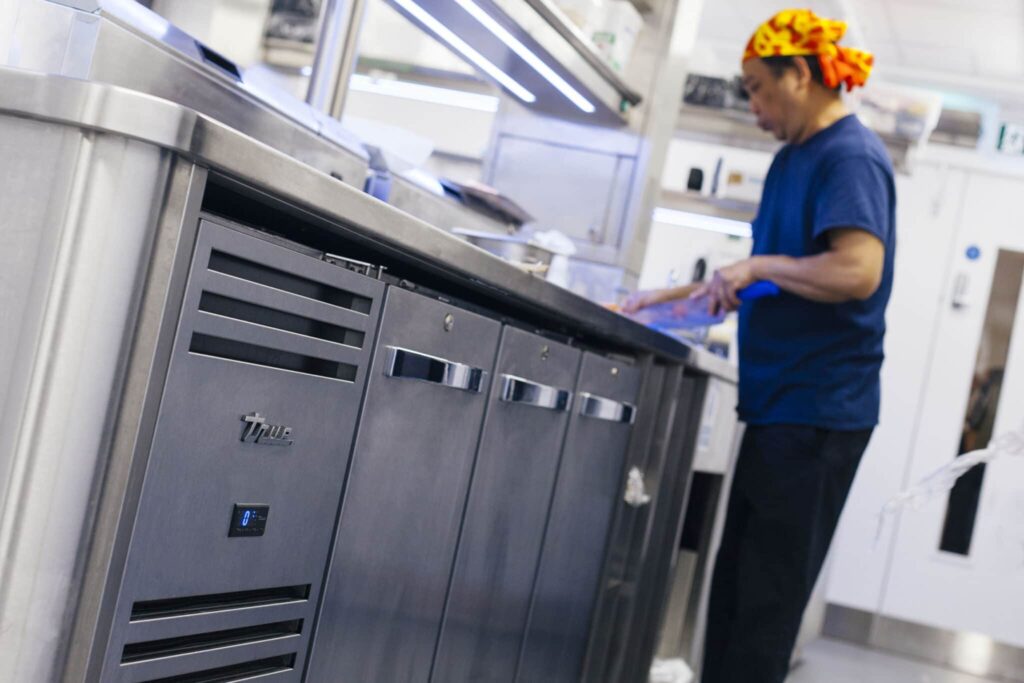
Whether your next project is in the restaurant, hotel or care industry, working with a food service consultant offers a multitude of benefits. These specialists will ensure you get the project you envision, on budget, while offering value and reliability.
Lastly, James adds, “At True, we believe that refrigeration equipment is an essential investment for any commercial kitchen, where dependability, durability and sustainability are key considerations. We offer the widest range of energy and environmentally friendly commercial refrigeration products, all backed by an industry leading five-year parts and labour warranty.”
To discuss a project or learn more about True’s products, get in touch with James McCombie, our Sales and Project Development Manager.